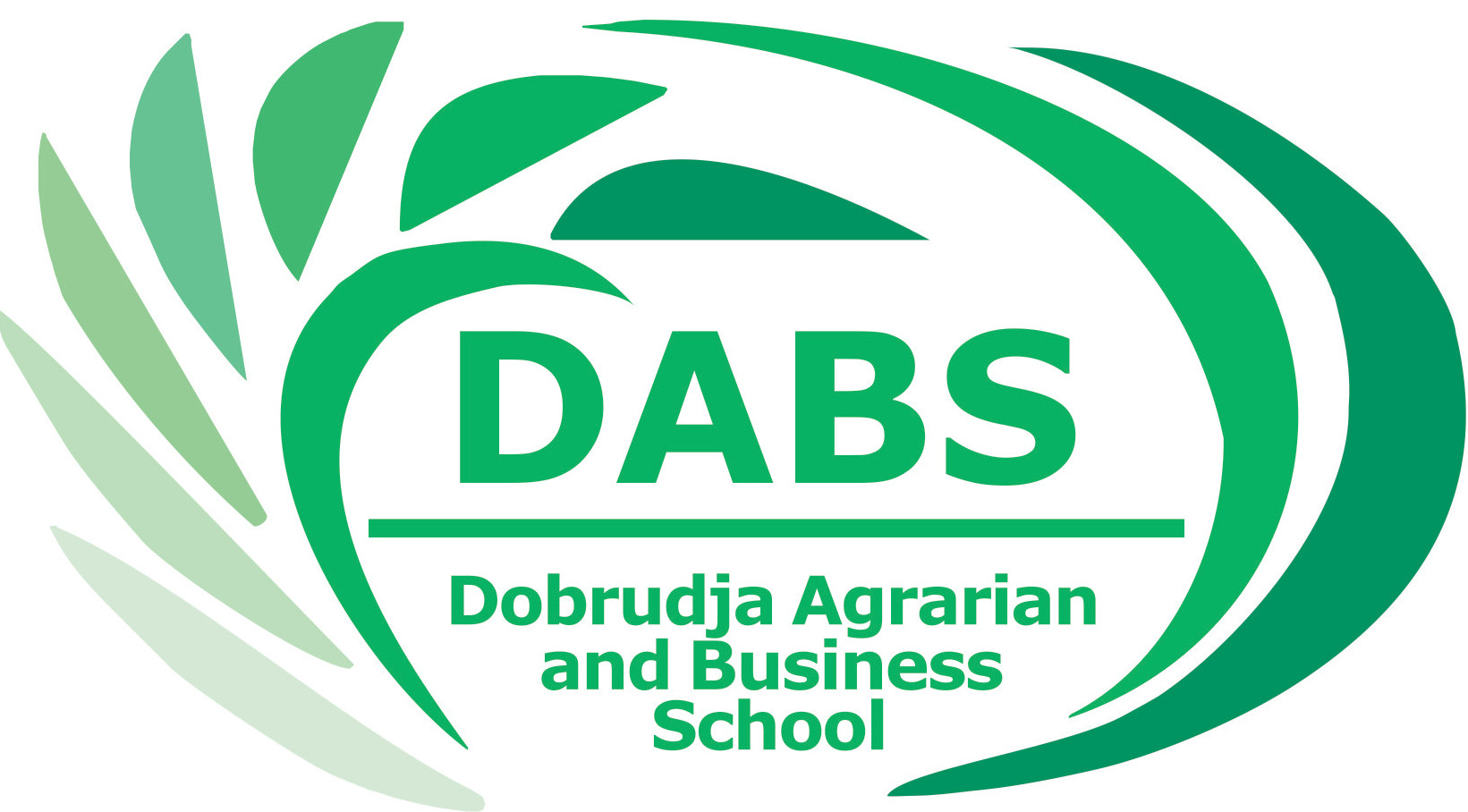CAP overview
Overview1
The common agricultural policy (CAP) is aimed at helping European farmers meet the need to feed more than 500 million Europeans. Its main objectives are to provide a stable, sustainably produced supply of safe food at affordable prices for consumers, while also ensuring a decent standard of living for 22 million farmers and agricultural workers.
The EU agriculture sector has roughly 11 million farms, which provide work for roughly 22 million agri-workers. But this figure doubles to 44 million if you include also the jobs created in the food processing, food retail and food services, making the EU agri-food sector the largest employment sector in the economy.
It is also a sector that has performed particularly well in recent years, despite the recession and the increasing challenges to farming caused by climate change, water scarcity, soil fertility, energy costs, etc. The agri-food sector accounted for 6% of EU GDP.
Moreover, the EU has become a net exporter of food and drink, with an average annual 8% growth in the value of exports over the past 10 years, reaching €129 billion in 2015.
Concerns about climate change and issues such as biodiversity loss, water and soil quality mean that agriculture also plays an increasingly important role in the sustainable management of natural resources.
As EU Commissioner Phil Hogan has said on many occasions: "By producing steady supplies of safe food, European agriculture provides the bedrock on which the EU's dynamic agri-food industry is built and remains a vital motor for the wider rural economy."
With an annual budget of roughly €59 billion, the CAP strengthens the competitiveness and sustainability of agriculture in Europe by financing a range of support measures through the European Agricultural Guarantee Fund (EAGF) and the European Agricultural Fund for Rural Development (EAFRD), notably:
· Direct payments provide an important support for farmers in order to help stabilise their incomes, linked to complying with safety norms, environmental and animal welfare standards.With these annual payments predominantly "decoupled" from production – i.e farmers choose what to produce on the basis of the likely return from the market, rather than on the basis of public support -they support the long-term viability of farms in the face of volatile markets and unpredictable weather conditions, and recognise the environmental contribution and public goods that farmers provide to society. These payments are fully financed by the EU, and account for over 70% of overall CAP spending. With the 2013 reform, 30% of direct payments are linked to respecting three sustainable agricultural practices which are beneficial to environmental and climate change concerns, notably soil quality, biodiversity and carbon sequestration – the so-called "Greening" measures.
· Market measures provide a range of tools including measures to address the situation if normal market forces fail. For example, if there is a sudden drop in demand because of a health scare or a fall in prices because of a temporary oversupply on the market, the European Commission can activate market support measures. Such spending, also from the EAGF, is by its nature rather unpredictable, but tends to account for around 5% of overall CAP spending. This part of the budget also includes elements such as promotion of EU farm products and the EU school schemes.
· Rural development programmes provide a framework to invest in individual projects on farms or in other activities in rural areas on the basis of economic, environmental or social priorities designed at national or regional level. Funded through the EAFRD, this covers projects such as on-farm investment & modernisation, installation grants for young farmers, agri-environment measures, organic conversion, agri-tourism, village renewal, or providing broadband internet coverage in rural areas. Accounting for almost 25% of CAP funding, these measures are generally co-financed by national, regional or private funds and generally extend over several years.
1 http://ec.europa.eu/agriculture/cap-overview/index_en.htm
CAP reform2
The importance of agriculture
Agriculture is at the heart of our lives. Much of what we consume and use every day comes from a farm, from our milk, bread, meat, vegetables and wine, to our clothing and cut flowers.
Farmers play a unique role. They produce high quality, safe food. But we also expect them to look after the natural landscape, help tackle climate change and preserve agricultural diversity.
The role of the CAP
The EU’s Common Agricultural Policy (CAP) was created to help Europe’s farmers deliver these public benefits.
Since its launch in 1962, the CAP has evolved to address global challenges that affect us all. In June 2013, EU institutions agreed on a new direction for the CAP with the aim of helping farmers better meet these challenges. The reform has been shaped by a full public debate with citizens and stakeholders.
Ensuring our food security
The EU’s 500 million consumers all depend upon a reliable supply of healthy, nutritious food at an affordable price. But farming is not just about quantity. The new CAP promotes diversity and quality, respecting the wide variety of Europe’s agricultural traditions.
It does this by better targeting public support, reducing the gap in payments to different EU countries and regions, and by supporting all different types of farm and farming practices, whether big or small, family-run, conventional or organic.
Since there is little room to expand Europe’s production area, productivity growth has to come through research and new technology. The new CAP puts extra funding into these, enabling farmers to modernise and become more efficient.
Protecting our environment
Careful use of natural resources is essential for food production and our quality of life, now and in the future.
The new CAP supports farmers to ensure the protection of the environment and biodiversity.
30 % of direct payments – the income support farmers receive through the CAP – are linked to sustainable and environmentally-friendly practices such as crop diversification, the maintenance of permanent grassland and the protection of ecological areas on farms.
There is also specific aid for organic farming.
Preserving the vitality of our countryside
The CAP is also about rural communities and the people who live and work in them.
The farming and the agri-foods industries today represent 46 million jobs and 6% of European GDP. They play a vital role in our economy and society. However, too few young people see farming as an attractive profession. Today, only 6% of farmers are under 35.
The new CAP focuses on helping farmers across the EU keep the countryside alive. It stimulates employment, entrepreneurship and local food supply, supporting rural business with funding. It helps farmers to modernise their farms and to invest beyond food production.
Specific schemes are in place to support farming in difficult conditions, such as mountainous areas, and young farmers in their first five years in the sector.
2 http://ec.europa.eu/agriculture/cap-for-our-roots/cap-reform/index_en.htm;
Reform in depth3
A new partnership between Europe and farmers
The CAP is a link between the expectations of EU citizens for agriculture, and the needs of EU farmers facing economic and environmental challenges. It is an investment of the European Union in a strategic sector in terms of food, environment and economic growth in rural areas.
In June 2013, EU institutions agreed upon a new direction for the Common Agricultural Policy. The reform has been shaped by a full public debate with citizens and stakeholders with the objective of adapting it to new challenges in terms of:
- the competitive position of European agriculture;
- fairness and diversity of farming systems across Europe;
- climate change and the protection of natural resources; and
- relations among actors throughout the food chain.
A fairer, greener and more efficient policy
The new CAP has short, medium and long term tools to secure the capacity of the EU agricultural sector to produce quality food for more than 500 million consumers, enhance the sector’s economic and ecological sustainability, and maintain the diversity of the EU countryside, traditions and farming practices. It aims at:
Ensuring a reliable supply of healthy, affordable food
- Turning the diversity of farming into a strength. Direct payments will be targeted more fairly between Member States, regions and farmers to take fully into account Europe’s different traditions, farming practices and rural economies.
- Strengthening farmers’ position within the food chain, to enable them to get the best market price for their produce. Professional and interprofessional organisations will have new rights to be able to increase efficiency, and producer organisations will be supported to develop direct sales between producers and consumers.
- Providing better protection against price volatility. Mutual fund and agricultural income insurance will be promoted. A new crisis reserve will deliver immediate help to farmers in the event of an economic, weather-related or other type of crisis.
Making agriculture greener and more efficient
- Encouraging better use of natural resources to tackle climate change and safeguard biodiversity. 30% of direct payments and 30% of rural development funding will be linked to sustainable production methods. There will be specific aid for organic farming.
- Doubling funding for research, innovation and knowledge-sharing including through a new European Innovation Partnership. This encourages closer cooperation between scientists and farmers, helping them modernise and produce more, with less, and better.
Revitalising the countryside and its rural communities
- Boosting the number of farmers across Europe by making the profession more attractive to young people. Young farmers under 40 will be eligible for 25% extra income support during their first five years in the sector.
- Stimulating employment and entrepreneurship by supporting rural business in expanding beyond food production into food processing or rural tourism, for example.
- Ensuring income support is better targeted to stimulate growth and employment. Only ‘active’ farmers will benefit from payments. Those working in less favoured areas qualify for extra funding, as do small farmers whose aid will be simplified.
The CAP is essential to protect the future of farming and rural life in Europe.
3 http://ec.europa.eu/agriculture/cap-for-our-roots/cap-in-depth/index_en.htm
More about the Common Agricultural Policy of European Union:
· Find more on the CAP after 2013
· Your questions on the new CAP are answered here
· You can find out more about agriculture in your country here
· European Commission - Agriculture and Rural Development
· Overview of the CAP reform 2014-2020
· Publications, reports, magazines, etc. on CAP
- Details
- Hits: 25760














